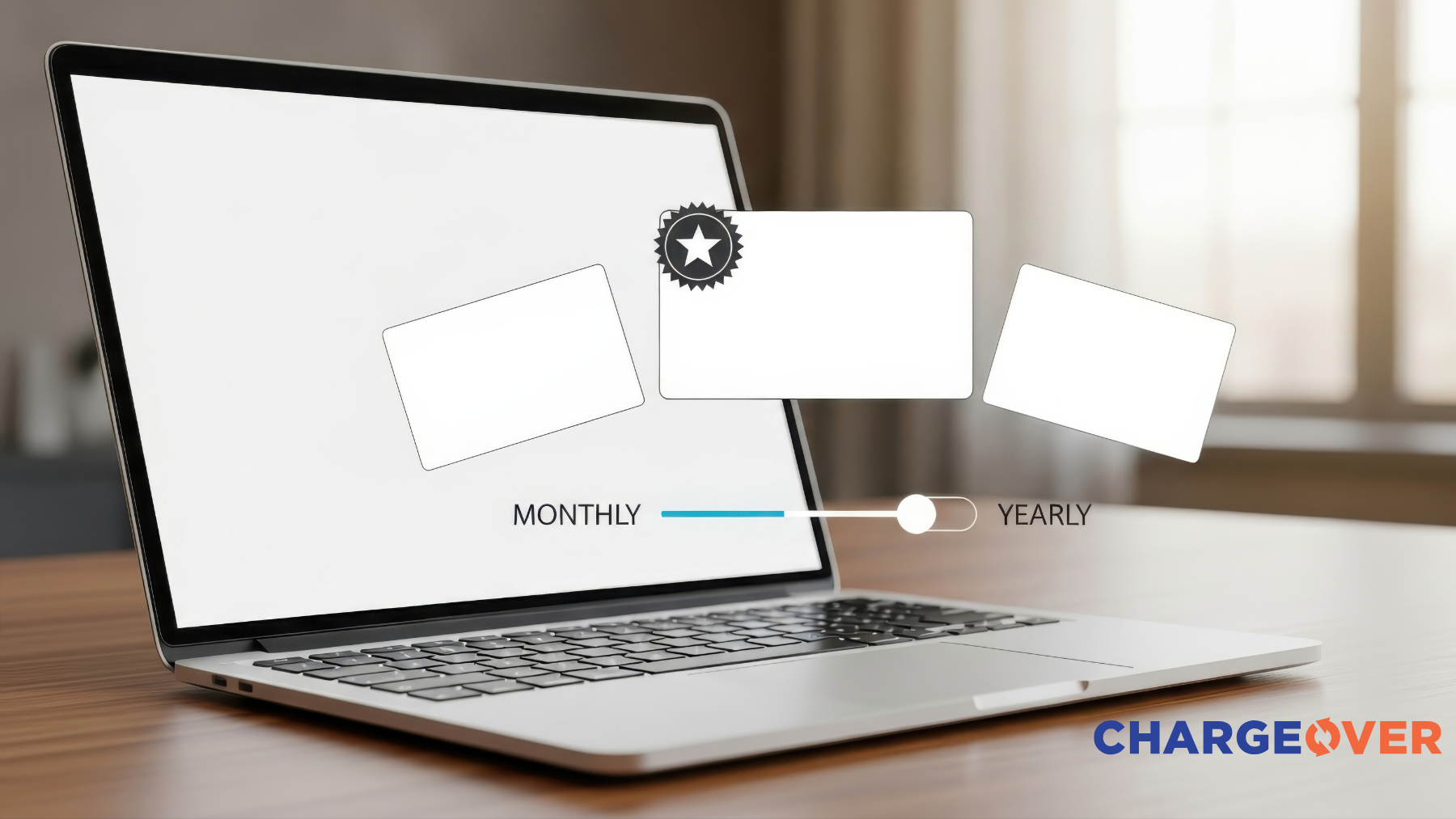The invoice due date came and went. Now the thoughts creep in:
"It's only been a day, no reason to alarm anyone just yet."
"It's been a week... Maybe I should say something? Would that seem desperate? I'll just wait a bit longer."
"It's been two weeks since the invoice was due; I should definitely say something now. So, how do I phrase this nicely?"
You're not alone. In 2012, the Wall Street Journal reported that around 64% of small businesses have invoices that go unpaid for 60 days or more, and 14% of small business owners said that late payments are their biggest business challenge.

If it were easy to chase payments, then overdue invoices wouldn't be such a challenge. It's painful, awkward, and more importantly... It's bad for business.
But why? And how can we make it easier for ourselves?
Even better, how can we sidestep the problem entirely and not have to chase payments?
Why Chasing Payments is Bad for Business
The one upside to following up on invoices and chasing payments is, well, getting paid. But the downsides make it a painful ordeal. Here's how:
It cheapens the relationship into a transaction.
The best relationships between companies and customers are more than just about money; they have mutual trust, respect, and other warm and fuzzy feelings. That takes years to build up. For example, think of a relationship between an accountant and their customer of 10 years.
On the other end of the spectrum are transactional relationships, like the one you have when you exchange $1 for a bottle of water. That relationship is nothing more than: I'm giving you a dollar so give me a bottle of water. It's cheap, cold, and it's easy to end.
Repeatedly asking for money degrades the relationship into a transaction, potentially washing away all the warm and fuzzy feelings the customer built up towards you.
It can seem pushy.
Nobody likes being pushed around, even when they're wrong.
It can make you look desperate.
People will wonder if your company is doing poorly and is desperate for cash.
It causes resentment.
A customer can misinterpret your invoice follow-up as a sign of distrust, causing resentment towards you.
For example, one time I received a nasty email from a customer's accounts payable department in reply to my invoice reminder. It was something like:
"We know how to run our business and we always pay invoices. We don't need a reminder from you!"
Unfortunately they thought my invoice reminder was implying that they're unreliable, and weren't happy about that.
How many other customers think this way but never mention it.
It's one more thing to think about.
It's one more thing you must keep in mind and remember to do. Actually several things, if you have to follow-up on the invoice multiple times.
It's a waste of time and productivity.
You might think it's not a big deal to write a short email and send it off, but it becomes a huge waste of time when you have to do that for multiple customers.
Additionally, it can take as long as 30 minutes to get back into focus after an interruption. So interrupting your day to send a few "short" reminders can easily cost you more than 30 minutes of productivity.
How to Make It Less Painful
We know chasing payments suck, but what can we do about it? If you must follow up on past-due invoices, there are some ways you can make it less painful for everyone involved:
Automate reminders and follow-ups.
Schedule automatic reminders for upcoming invoices and follow-ups for past-due invoices. This will take them off your mind and will ensure they always go out on time, exactly as you planned them. Many accounting and invoicing tools—such as QuickBooks, FreshBooks, and Xero—have options to schedule and customize email reminders.
Let the system take the blame.
If you automate the invoice reminder and follow-up emails, make it clear that the emails are generated and sent by the system. This way any bad feelings resulting from the reminder are likely to be directed at the software, not at you.
Use an email template written in third person to make it an obvious system message. For example:
"Automatic reminder: Your invoice #1483 from Acme Corp is past due."
Let someone else take the blame.
Have another person, such as a colleague or accountant, send the reminders. Any bad feelings from the reminders would be directed at them, keeping your relationship with the customer in good shape.
Treat it as no big deal.
It's only awkward if you make it awkward, right? It's difficult to misinterpret a friendly one-line message like "Hey, resurfacing this!" or "Hey, friendly reminder about the invoice!"
Give Benefit of the Doubt
If you assume the customer is intentionally delaying payment or is doing anything malicious, it will come across in your communication, making your customer defensive. Instead, treat the overdue invoice as an innocent mistake.
Maybe the invoice notification got buried in other emails. Maybe the customer is traveling and can't keep up with emails. Maybe they're having a very busy week and are letting things slip through the cracks.
Haven't we all been there?
Here's how you can remind customers about invoices without putting them on the defensive:
"Hey John, I know it's the end of the month and your inbox must be flooded, so I'm re-sending the invoice in case it got buried the first time."
Or:
"Hey John, I know the automatic invoice emails from QuickBooks can go to spam or never reach the recipient, so I'm sending a copy in case the first one never reached you."
People are more likely to comply if they're treated fairly. Even more so if they realize they're being treated better than they deserve!
Express gratitude.
To prevent the relationship from taking a nosedive into transactional territory (as explained earlier), remind the customer that this isn't all about money; you're grateful for the opportunity to work together, you find the project to be very interesting, and you appreciate their business!
Use the phone.
Make a friendly phone call before or after sending the invoice follow-up. Emails are easy to misread, especially if the reader is having a bad day. A short call or voicemail goes a long way in preventing any misunderstandings about the tone of an email.
Even Better: Stop Chasing Payments
What's better than knowing how to fix a problem? Avoid it altogether!
Here's how you can ensure you never have to follow up with customers about overdue invoices again:
Request payment up front.
Getting the billing over with in the beginning will prevent any invoice issues down the road. Consider using temporary authorizations on credit cards if your payment system allows it.
Get payment information ahead of time.
If you can collect credit card or bank details up front, then you can charge the customer on a pre-determined date with no delays.
Note: Storing credit card numbers and bank account information opens you up to liability risks, especially if you don't have a safe method of storing that information that meet certain security standards (also known as PCI compliance).
Schedule automatic payments.
There are tools available—such as ChargeOver—that not only generate and send invoices for you, but also securely store payment information and charge the customer on a custom schedule. Then your invoices will always be paid on time and you'll never have to chase payments again. Some of those tools also integrate with Quickbooks and other accounting tools to keep your bookkeeping up to date.
Chasing payments is one of the most frustrating and stressful things about running a business. Many of us just accept it as a fact of life, but it isn't.
With some adjustments to how you follow-up on overdue invoices or to the tools you use, you can forget about chasing payments and get back to running your business.
Transform Your Billing Experience
Your results are just the beginning. Learn how to optimize your billing and scale your success.


